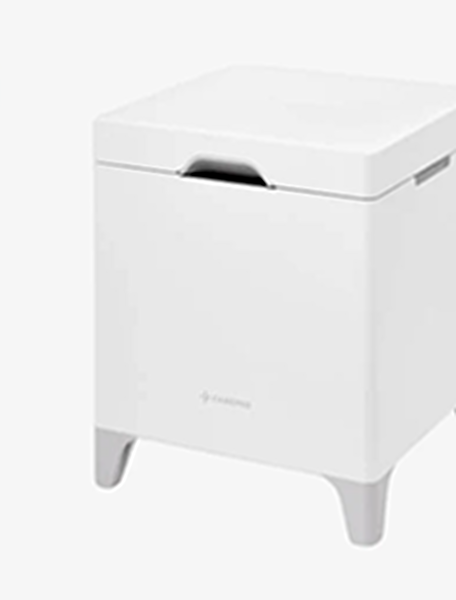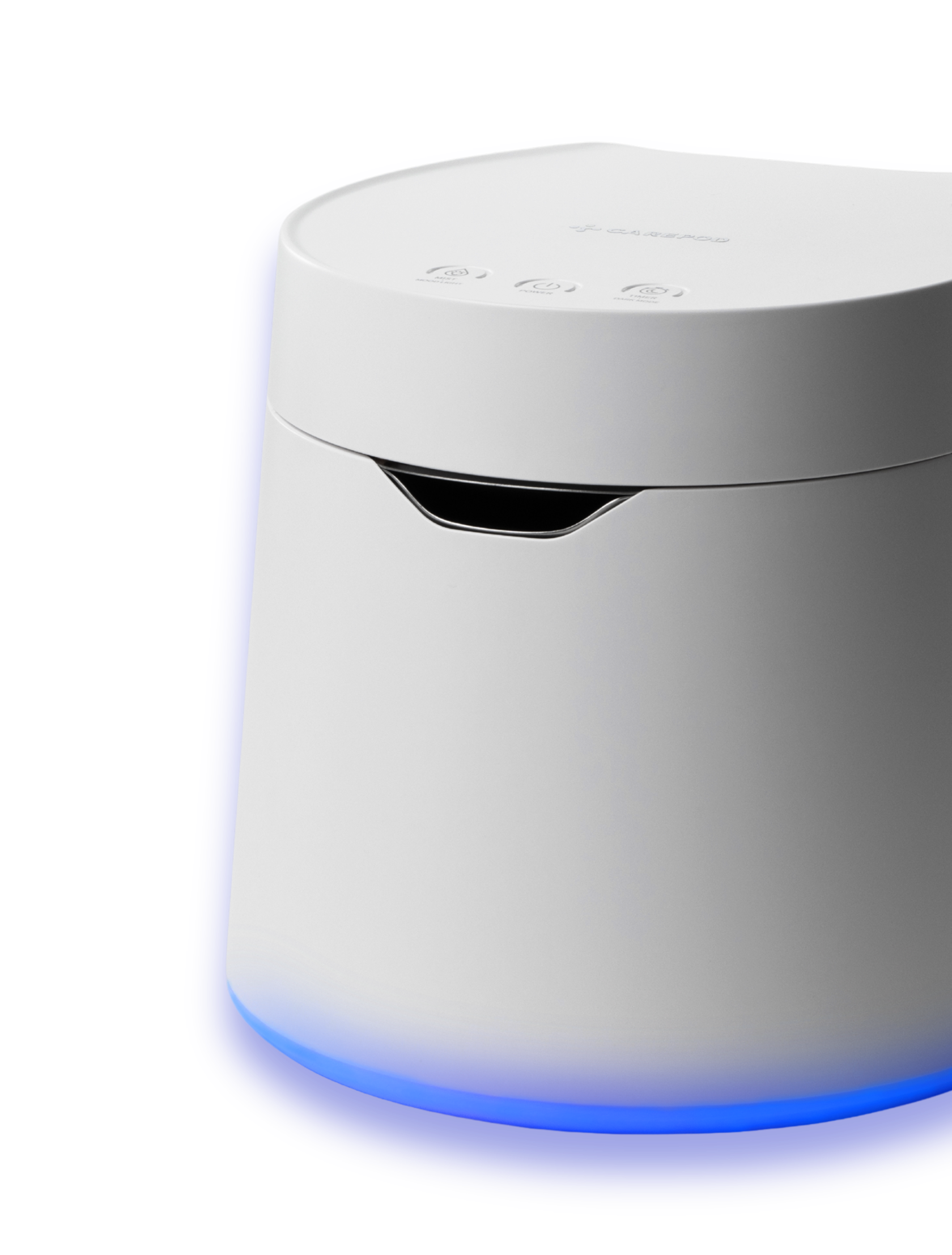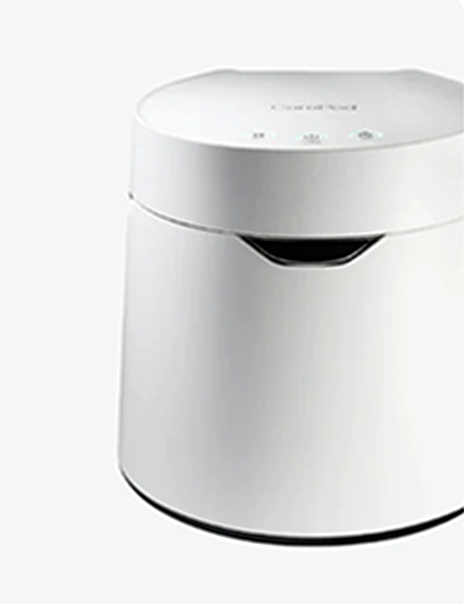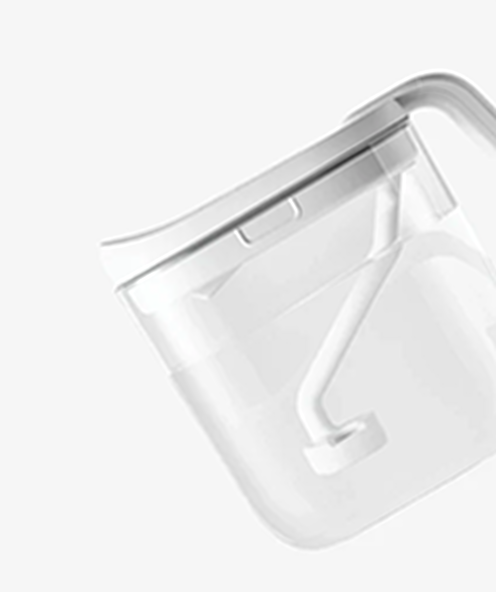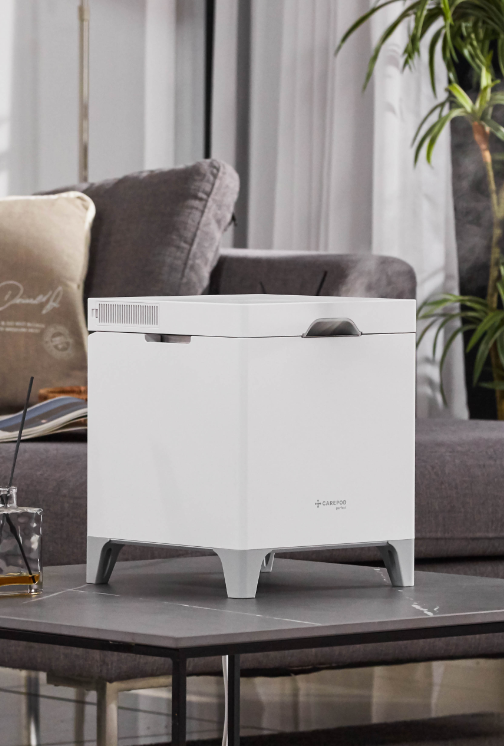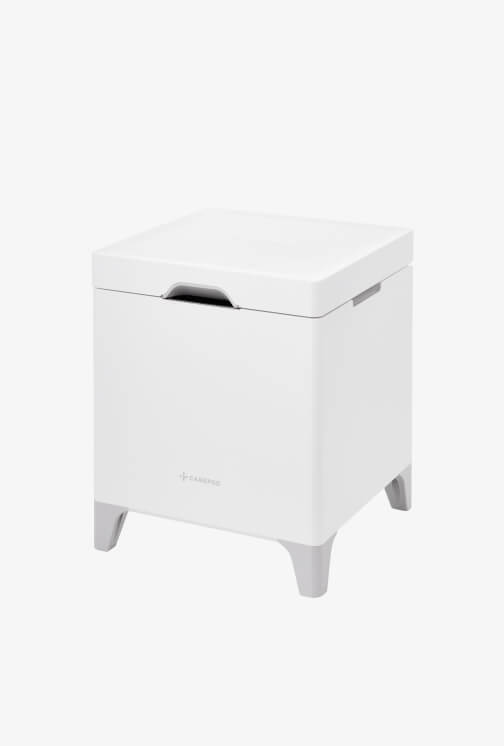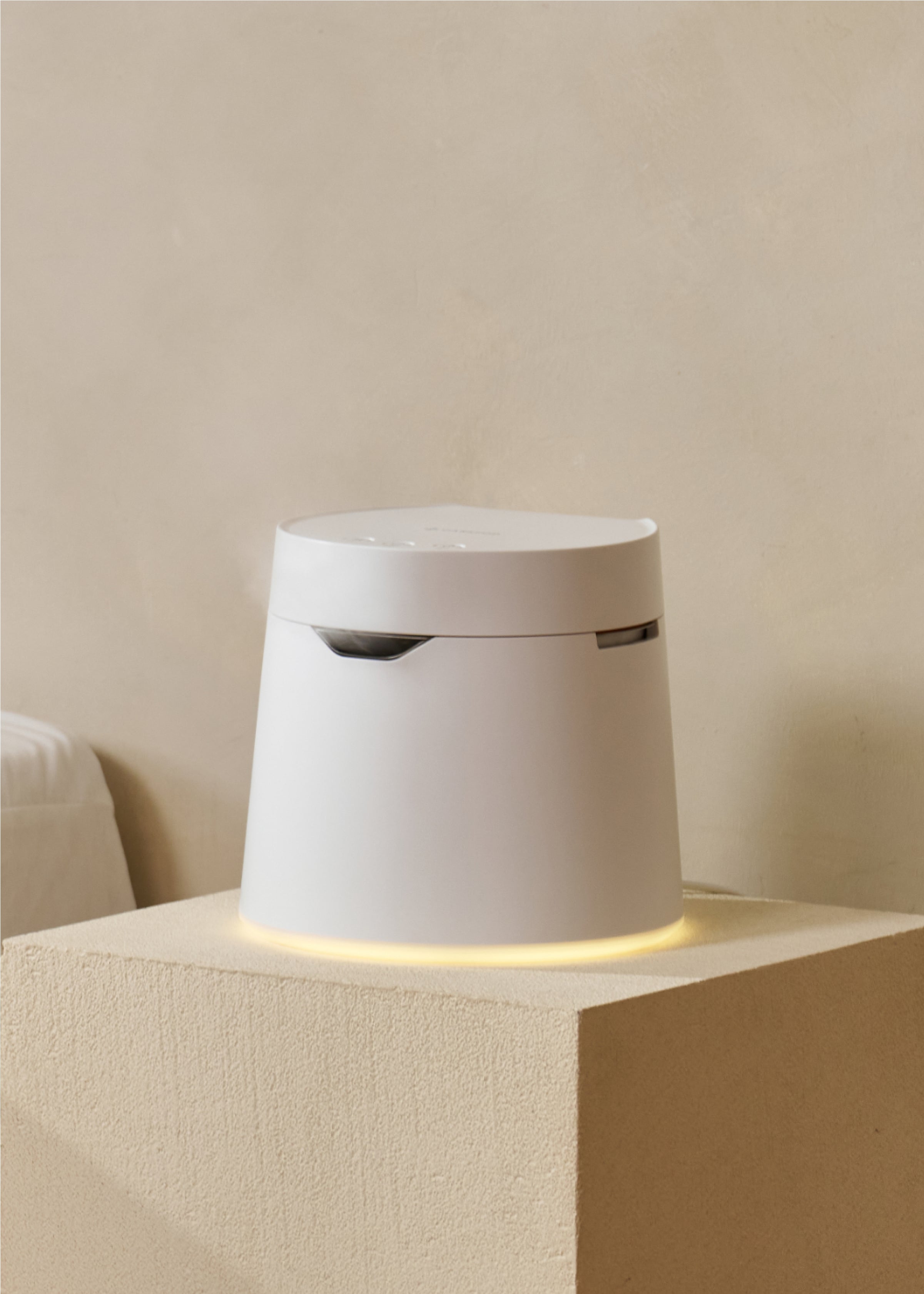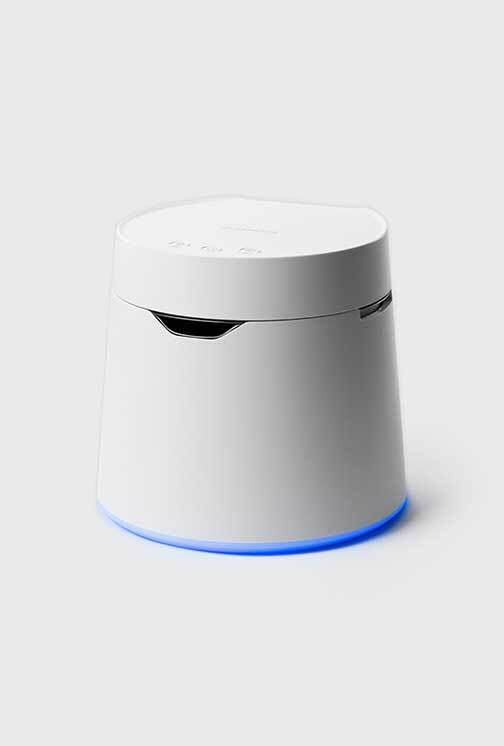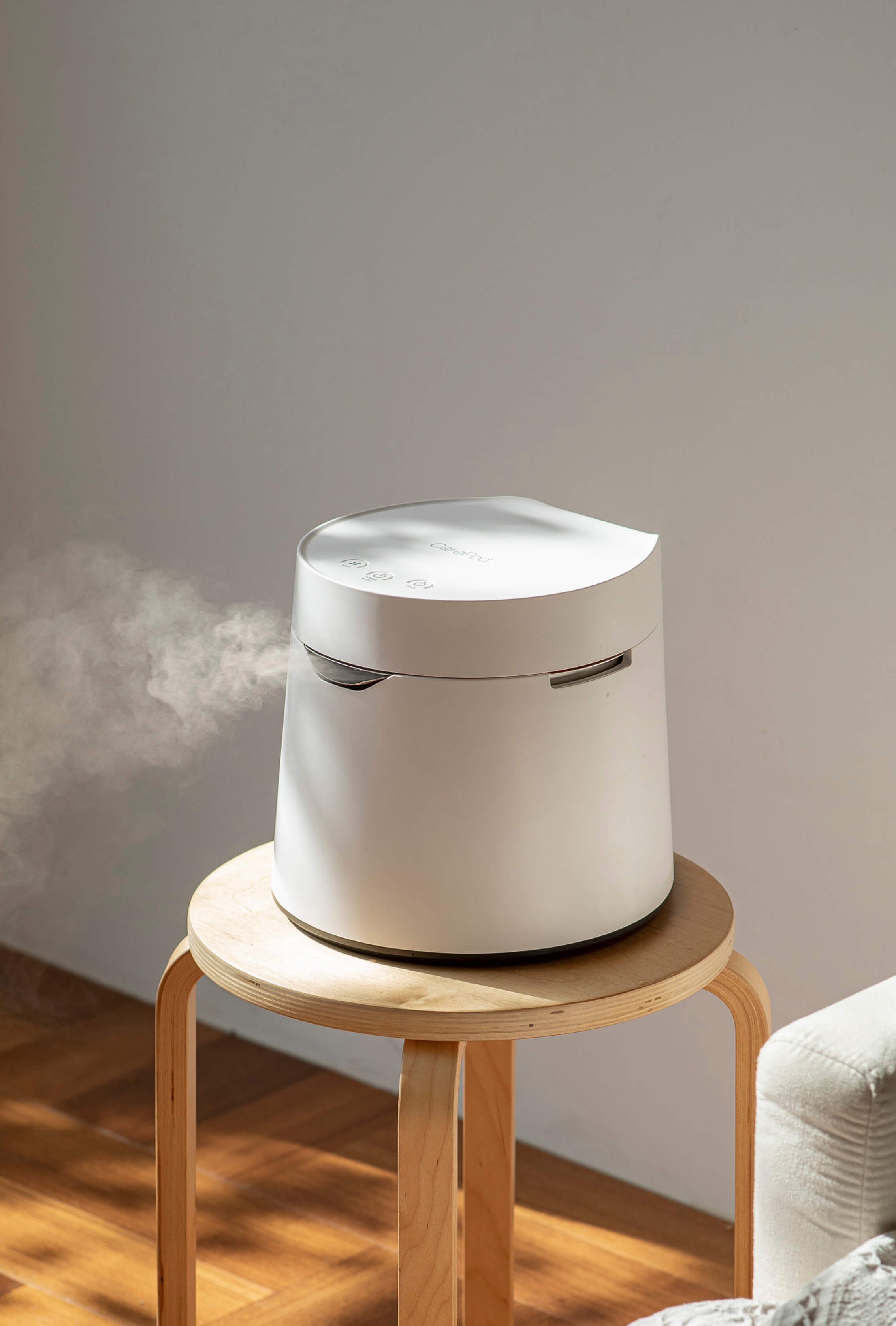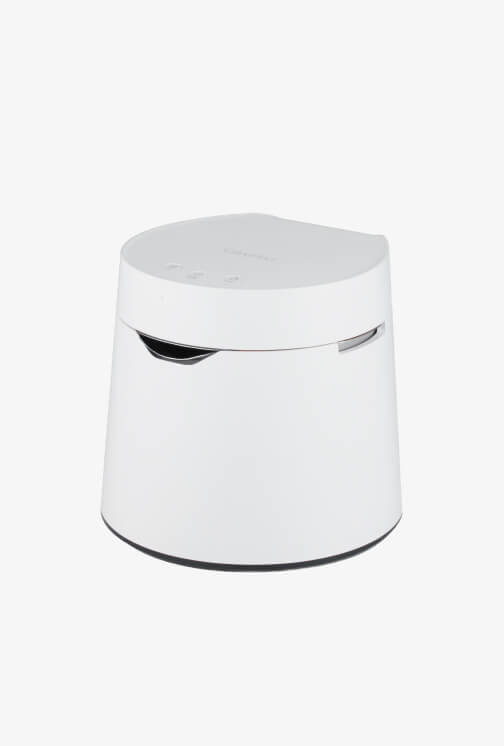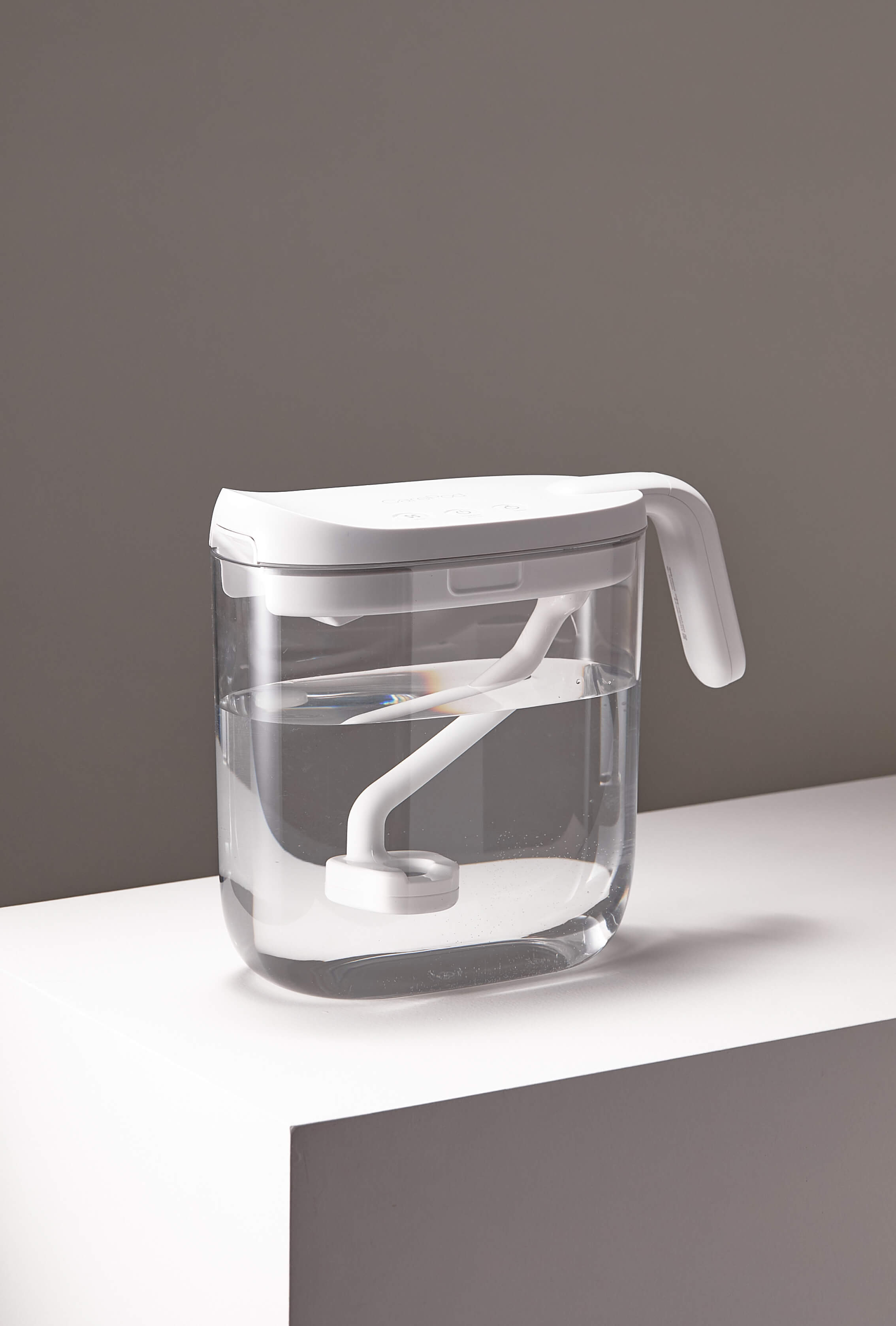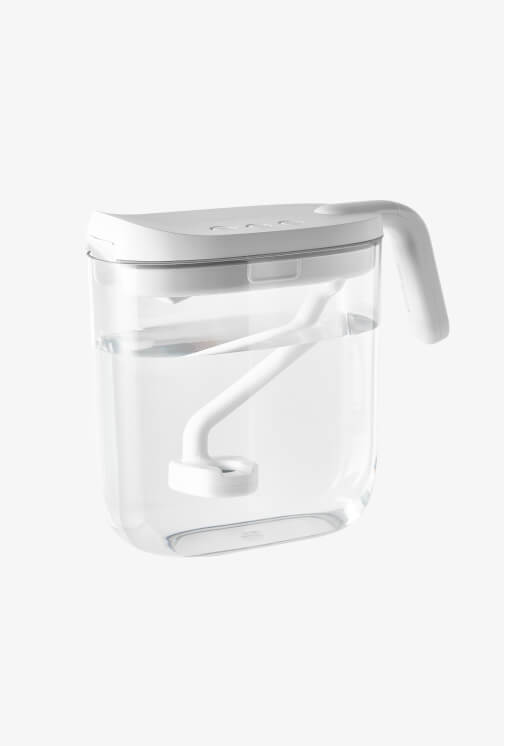5 Extraordinary Benefits of Humidifiers

The roarin' 1920s was a time in American history ripe for inventions: among others, the television, vacuum cleaner, Band-Aid, and even traffic lights.
One commonly overlooked household innovation, however, was the world's first humidifier, a small device that worked by vaporizing water from a reservoir and dispersing moisture into the air.
Humidifiers have been around for almost a hundred years already, but only now are we finally beginning to see their full range of uses and benefits, thanks to new groundbreaking studies.
Whether used as a medical device or a household appliance, a humidifier might just be an immensely worthwhile investment that helps to greatly improve your overall health and well-being.
In this article, we'll go over 5 extraordinary benefits of humidifiers that you may not have known until now.
1. Humidifiers ensure hospital safety and comfort.
Out of the 1.7 million people across the country who visit hospitals each year, a shocking number — over 100,000 — end up passing away due to infections contracted during their stay.
According to recent studies, dry air is the main culprit for in-hospital infections, and humidifiers may help reduce this number.
A recent peer-reviewed study showed that deviations from the ideal relative humidity (RH) range of 40% to 60% drastically increases the infection rate of COVID-19, as shown in the chart below. In fact, the CDC officially recommends the use of humidifiers in hospitals to prevent or ease symptoms of COVID-19.
According to Dr. Stephanie Taylor from Harvard Medical School, "the dry air harms our natural immune barriers which protect us from infections."
In other words, when humidity levels are too low, the dry air attempts to extract moisture from mucous membranes, which are the body's first line of defense against airborne pathogens. In order to prevent this effect, humidifiers may be used in hospital wards to maintain a sufficient RH.
Aside from preventing in-hospital infections, humidity control is also critical in maternity wards, since babies are sensitive to dry air and especially prone to respiratory problems, and in burn units, as dry air may lead to premature skin drying and coagulation of wounds. Additionally, dry air causes irritation of the eyes, nose, and throat, which might make the hospital setting unbearable for everyone.
Therefore, maintaining an optimal humidity level is key to preventing various health risks and ensuring a comfortable health care environment for both patients and hospital staff.

2. Humidifiers provide relief for allergy and cold symptoms.
If you're like millions of Americans, springtime means warm weather and blossoming flowers, but also irritating allergies. Nasal congestion, sore throat, and eye irritation, for example, are common symptoms of seasonal allergies or the common cold.
Unfortunately, dry air inside the house will only exacerbate these symptoms. As mentioned previously, low humidity contributes to the drying out of mucous membranes on places like your eyes and the inside of your nose, the body's natural defense against airborne allergens such as pollen. Therefore, maintaining a sufficient moisture level in the air is essential.
A higher level of humidity will also help moisten nasal airways, allowing you to more easily blow out irritants from your nose.
According to the New Hampshire Public Health Services, simply keeping the humidity above 30% can help soothe sinus congestion and prevent your nose and throat from drying out.
Finally, other studies have shown that maintaining a sufficient level of moisture may even contribute to decreasing the number of allergens in your surroundings, since many particles become trapped in condensed water vapor and drop out of the air.
So if you're looking for an alternative treatment for those springtime symptoms, an air humidifier might just be the perfect solution!

3. Humidifiers are great for babies and kids.
It's well known that babies and children have sensitive respiratory and immune systems.
As we mentioned, a dry environment not only increases the risk for infection, but also exacerbates the worst symptoms. So maintaining a reasonable level of indoor humidity is key to baby-proofing any home or nursery.
Newborns also have tender, delicate skin which can dry out easily, especially in the summer or winter months when an AC or heater is running. Some might even deal with skin conditions such as cradle cap and eczema. Low humidity creates a very uncomfortable environment for babies, often causing flaky or itchy skin. A humidifier adds much-needed moisture into the air, which helps to ease irritation caused by dry skin.
Humidifiers are also great for kids. It's common for young children to have seasonal allergies and go through several bouts of the cold or flu each year. Adequate humidity levels can relieve irritating symptoms and perhaps even help prevent them in the first place.
When considering buying a humidifier for your baby or child, just keep in mind that it's best to first consult a doctor or pediatrician. Also, a cool-mist evaporative or ultrasonic humidifier are probably the safest options, since they don't pose the burn risk that a steam vaporizer does. (Read more about different types of humidifiers).

4. Humidifiers benefit your wellness and beauty.
If you're looking for an easy and natural way to improve your overall beauty and wellness, a humidifier might just be the answer.
Air humidifiers provide essential hydration for your skin, helping to reduce dry patches, wrinkles, and rashes. They may also improve the efficacy of topical skincare products, which often require some amount of moisture to apply. Over time, your skin will feel noticeably better and have a more vibrant, radiant glow.
Humidification greatly benefits hair health too, helping your hair retain its lush, natural moisture and alleviating dry, itchy scalp.
You might also find yourself sleeping better with a humidifier in the room. Natural relief for irritation of the eyes, nose, and throat will allow for much more comfortable rest and help prevent or reduce snoring, which is often caused by irritated nasal passages. The consistent low hum of the device might even be a soothing sound at night for some people. And when you wake up in the morning, your sinuses and nasal passages should feel clear and de-congested.
Overall, a humidifier could do wonders for your lifestyle, leaving you feeling much healthier and happier than before.
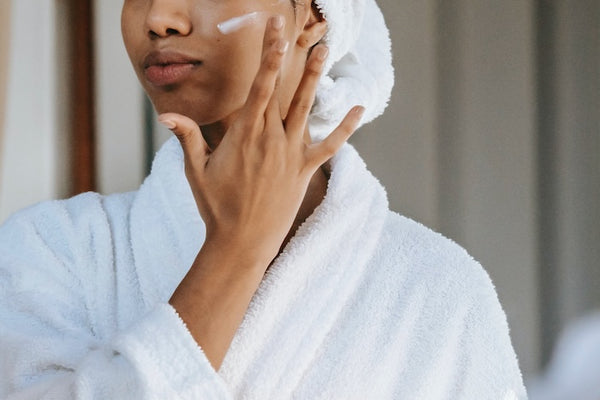
5. Humidifiers improve your overall home environment.
Besides the numerous health benefits already mentioned, air humidifiers can also make your home a more vibrant and comfortable environment overall.
Dry air can cause permanent damage to anything made of wood — over the years, splits and cracks in your chairs and desks might become more and more common. Ultimately, a little humidity goes a long way in protecting your expensive furniture.
Maintaining humidity will also help reduce the excessive buildup of static electricity, which can damage sensitive electronic devices like your T.V. and just be a nuisance from time to time.
Humidity is also helpful for plants that require moisture, helping to keep them healthy and vibrant year-round.

A humidifier could even help you save money on your heating bills. Warm air naturally feels warmer than dry air, so you might not need to crank up the thermostat during the cold winter months.
And finally, don't forget about your furry friends... Believe it or not, dogs and cats can also suffer from allergy symptoms and are vulnerable to health issues caused by dry air. They may experience dry and itchy fur as well as sinus congestion, excessive snoring, and respiratory tract infections, especially since they're on the ground all the time and come into contact with all kinds of dust and other irritants throughout the day. So remember that maintaining a healthy level of humidity benefits literally everyone in the family, including pets.

Risks and Costs
Now that you've learned all about the wide-ranging benefits of humidifiers, let's take some time to address some common concerns.
Are humidifiers clean?
The short answer: yes as long as you maintain and care for your humidifier properly.
The key is to use distilled or purified water instead of tap water.
Why? Tap water may contain bacteria and other particles – if uncleaned, the inside of the humidifier can essentially turn into an incubator for germs, which are then dispersed into the air for everyone in the room to breathe. Additionally, dissolved minerals from tap water may form deposits over time, making the insides dirty and less effective, reducing the device's overall lifespan.
That's why using distilled water, free of contaminants and minerals, is the safest choice.
Also, of course, be sure to clean your humidifier frequently. At least once a week is a reasonable guideline.
Do humidifiers cause mold growth?
If the moisture level is too high, then yes, the growth of mold and harmful bacteria may be dangerous to your health and damage walls and furniture over a period of time.
But as long as the air humidity level is kept between 30% and 50%, as recommended by the EPA, mold and bacterial growth shouldn't be much of an issue.
Are humidifiers expensive?
Well, it depends on your budget. Personal humidifiers are typically a few hundred dollars, though more affordable options do exist. A whole-home or industrial humidifier will be likely a bit more pricey.
Despite the upfront cost, however, a humidifier may turn out to be an invaluable investment in the long run. Whether or not you decide to buy one, always remember that at the end of the day, health is priceless.

Putting It All Together
To sum it up, we've now learned that humidifiers...
1) ensure hospital safety and comfort
2) provide relief for allergy and cold symptoms
3) are great for babies and kids
4) benefit your wellness and beauty
5) improve your overall home environment
Thought it's taken almost a century, the vast potential of the humidifier is finally beginning to be harnessed, and don't be surprised if new uses are discovered in the near future.
Despite potential risks and costs, humidifiers, if used properly, can serve tremendous benefits to your overall health and well-being.
